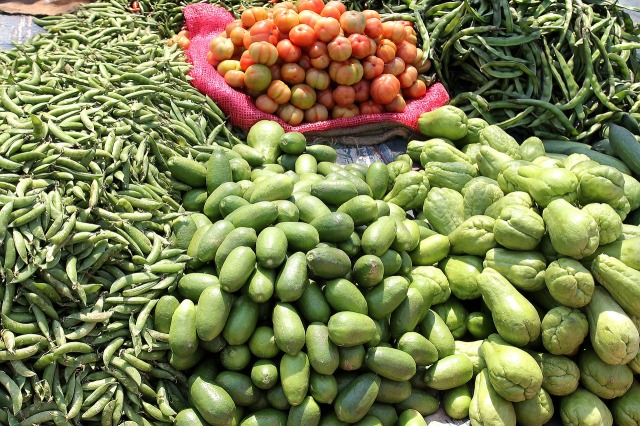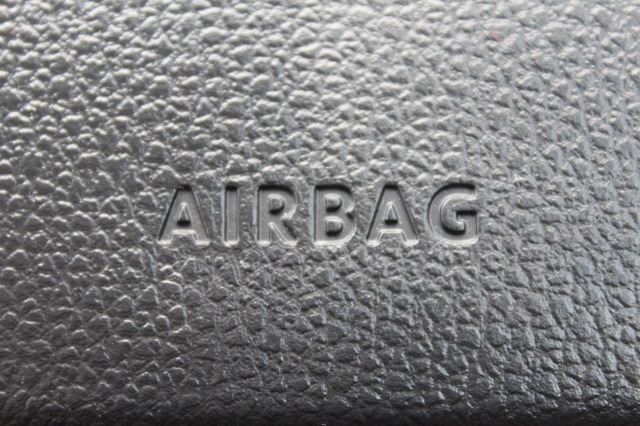The grandfather clock has never worked. Not through my liftetime, or Mum’s or Gran’s, so Aunty Gloria said. She’d told me its history one afternoon when we were all at Gran’s during the summer holiday.
Dad had taken my brother Fred down to the river to fish, though as they left with rods and waders and their share of the sardine sandwiches that Gran had made for lunch, Gloria called after them, ‘The only thing you’ll catch is a cold.’ She pushed her own sandwich aside in favour of another cigarette.
Gran disappeared, hoe in hand, to weed the vegetable patch (something she did a lot when Gloria was there), Mum had one of her headaches and had gone to lie down upstairs, which left me alone with Gloria.
I had my book – a boy’s adventure story set in Africa – and had bagged the window seat. Gran’s cat Boots was at my feet, his patchy tail curled round my left ankle and I was just growing weary of murdered missionaries, bouts of malarial fever and river leeches when Gloria said,
‘Did your mother ever tell you about The Clock, Fiona?’
Gran had several clocks – one in each bedroom, a white enamelled one with a loud tick on the kitchen wall – but only one we called The Clock.
Relieved to escape another native uprising, I closed my book. ‘I don’t think so,’ I said.
She was sitting on Gran’s flowered sofa, stocking feet tucked under her bottom. Her grey roots were showing under the auburn hair dye and her lipstick had bled into the corners of her mouth, extending her smile and reminding me of the clowns I’d seen at the circus a few weeks earlier. She pulled a lilac cigarette from its packet, screwed it into the holder and sat with it poised between her fingers.
‘Be a pet,’ she said, ‘and fetch the matches from the mantlepiece for me.’ She smiled, showing more lipstick on her teeth.
Intrigued by the promise of a story, I fetched the matches and sparked one into life. Gloria poked the cigarette into the flame, sucked and puffed until the end glowed then blew out the match. Her breath smelt bitter – smoke and coffee – and my instinct was to jerk away but knowing I’d look rude, I held my breath until the smoke dispersed.
She patted the empty seat beside her. ‘Come and sit, dear heart. Snuggle up with Aunty Gloria and I’ll tell you a terrible tale of mischief and murder.’ She giggled, flicking a stub of ash onto to her uneaten sandwich.
I sat down, sure to keep a little distance between us. I was twelve. Far to grown up to be ‘snuggling’ with aunts.
She turned so her back was pressed into the arm of the sofa, feet on the middle cushion, her toes a fraction of an inch away from my leg. ‘Do you know how old that clock is?’
I shook my head.
‘Older than the old queen,’ she smiled, ‘the one with the bulldog face who always wore black.’
‘Queen Victoria,’ I said.
‘Yes, yes,’ she said, waving me quiet with the cigarette holder. ‘Older than that. Older than the grumpy old king that came before her. Older than the fat one before him.’
‘George IV.’
‘Do you wish to hear a story or give a history lesson? Be quiet now. Where was I? Ah, yes. Well, it’s a very old clock. The case might be new. The movement too. But it’s very old.’
I was tempted to point out that that if both movement and case we new then surely The Clock wasn’t as old as all that, but I didn’t want a cloud of foul smelling smoke wafted in my face again, so I stayed quiet.
‘It all happened years and years ago, when The Clock was owned by Lord Edmund Spencer. Lord Edmund was a gambler. Baccarat was his favourite game but he’d bet on anything – the weather, the number of spots on a ladybird. The situation became so awful and money so scarce that he was down to his last servant – the rest had left the week before with what remained of the silver plate – and the few shillings in his pocket. And, of course, The Clock. His debts were high, prison his only future.
‘One dreadful evening as rain hammered at the casement and wind wormed through every gap and cranny in the house, Lord Edmund was sitting by a meagre fire of twigs. He had opened his last bottle of claret and his pistol was loaded on the table. This was to be the night he ended it all. Better burial in an unmarked grave than filthy, humiliating starvation in the Marshalsea.
‘He swallowed the last dregs of the wine. And as he reached for his pistol, there came a mighty hammering at the front door.’
Written for The Daily Post’s Daily Prompt – CLOCK. See here to read what others have written and join the fun.
So, where should we go from here, my loves? Shall we follow the adventures of the dissolute Lord Edmund, learn the secrets of The Clock? Or shall we forget about the old soak entirely?
Let me know what you think.








